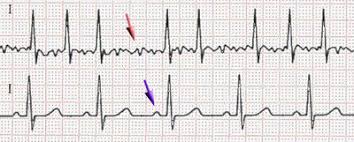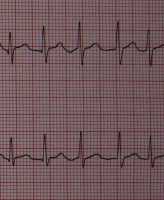BMJ, Gender Differences / 25.07.2019
Women and Young People Less Likely to Have Coronary Heart Disease Managed According to Guidelines
MedicalResearch.com Interview with:
Dr Crystal Lee BMedSc(Hons), MIPH, PhD, MBiostat
Senior Research Fellow
School of Psychology and Public Health
La Trobe University
Honorary Research Fellow
The Boden Institute of Obesity, Nutrition,
Exercise & Eating Disorders
The University of Sydney
Adjunct Senior Research Fellow
School of Public Health | Curtin University
MedicalResearch.com: What is the background for this study?
Response: Coronary heart disease (CHD) is a leading cause of death and disability worldwide. Primary care has been shown to play an important role in the secondary prevention of cardiovascular disease. Yet, studies in Australia and elsewhere from as far back as two decades ago identified gaps in the management of CHD patients in primary care.
We analysed records of 130,926 patients with a history of CHD from 438 general practices across Australia to determine whether sex disparities exist in the management of CHD according to current clinical guidelines.
(more…)




























